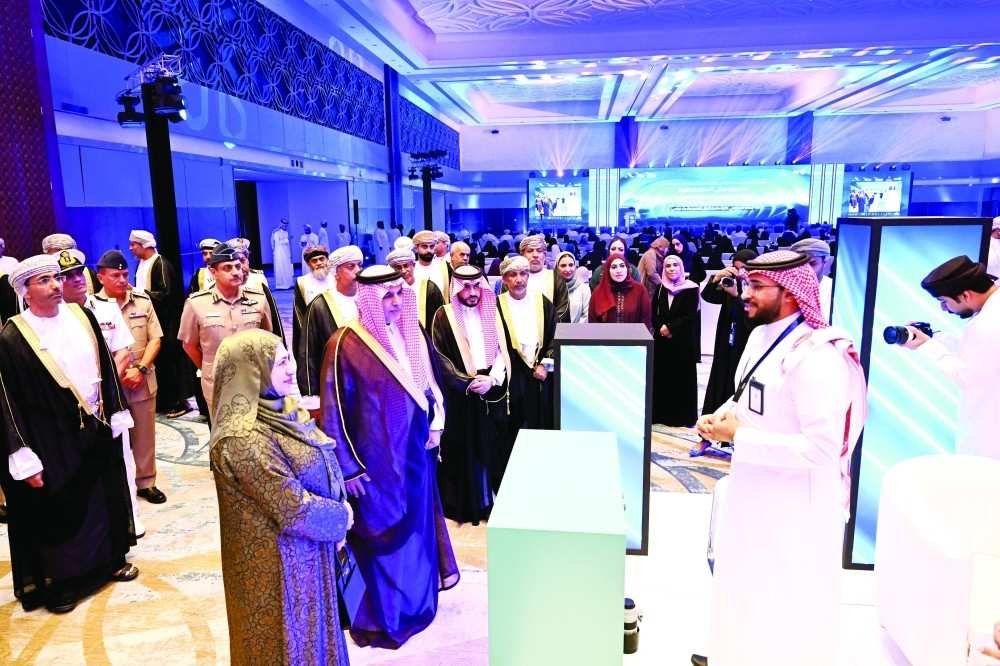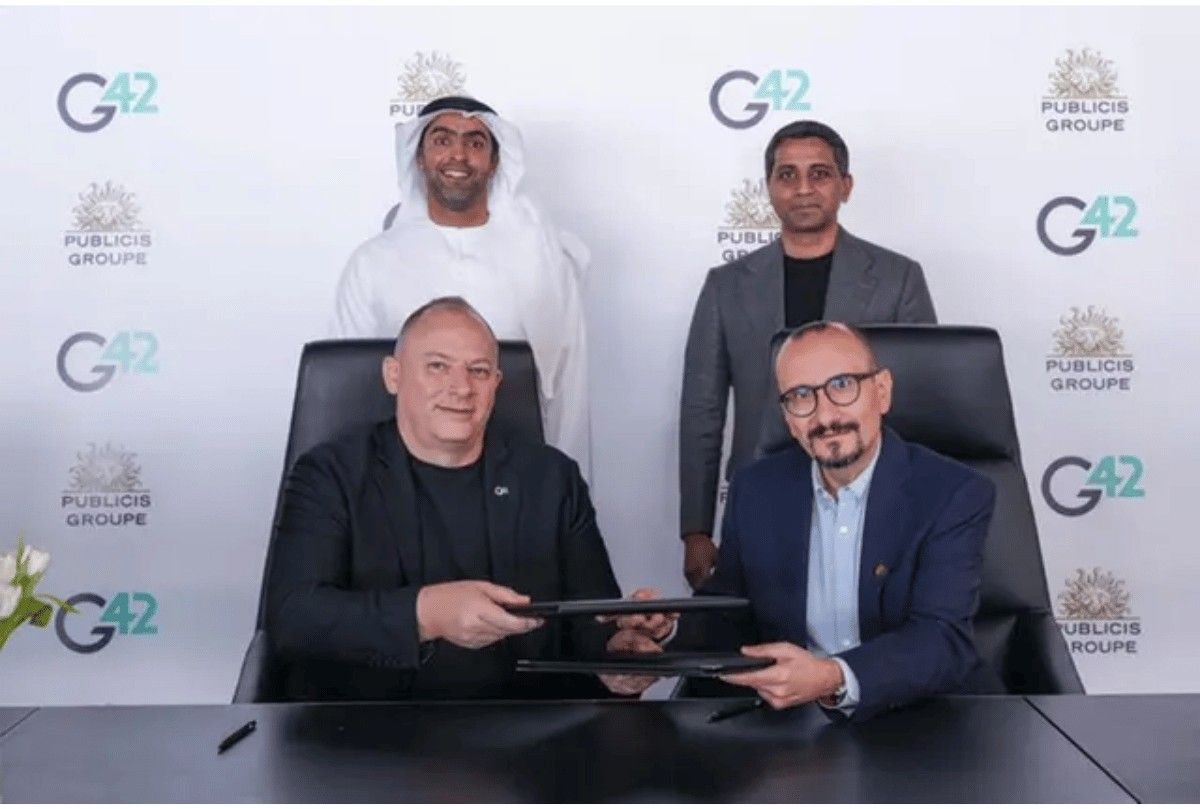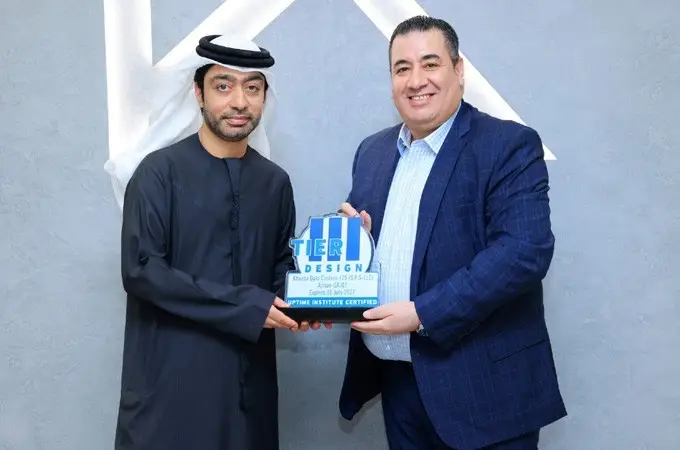Muscat, October 20, 2025 — The Oman Research and Education Network Technology Summit (OTS25) opened on Monday at the Oman Convention and Exhibition Centre, spotlighting the pivotal role of Artificial Intelligence (AI) in advancing education, research, and digital transformation. The two-day event was inaugurated under the patronage of Dr. Rahma bint Ibrahim Al Mahrouqiyah, Minister of Higher Education, Research and Innovation.
The summit hosted Dr. Abdullah bin Sharaf Al Ghamdi, President of the Saudi Data and Artificial Intelligence Authority (SDAIA), as the guest of honour, alongside senior officials, academic leaders, and international AI experts.
With AI as its central theme, OTS25 serves as a platform for dialogue, collaboration, and knowledge exchange, aligning with Oman’s National AI and Advanced Technologies Programme. The event features panel discussions, interactive workshops, and exhibitions showcasing practical AI applications that enhance learning, research, and innovation.
Driving Digital Transformation in Education
Dr. Najah bint Mohammed Al Rashdiyah, Director-General of the Innovation Centre at the Ministry of Higher Education, Research and Innovation, emphasized the government’s commitment to integrating AI in curriculum design, learning assessment, and applied research.
“Collaboration and sustainable partnerships are key to activating national roles across multiple pathways,” she said.
Guest of honour Dr. Al Ghamdi highlighted Saudi Arabia’s global leadership in AI development, especially in women’s empowerment, workforce readiness, and ethical innovation, while calling for responsible AI governance.
Representing Oman’s efforts, Dr. Ali bin Amer Al Shaithani, Under-Secretary for Communications and Information Technology at the Ministry of Transport, Communications and Information Technology, presented the nation’s progress in AI adoption. He underscored Oman’s focus on human-centred AI governance, local talent development, and sector-wide digital integration.
Global and Ethical Perspectives
Prof. Marc-Antoine Dilhac, UNESCO AI Ethics Expert from the University of Montreal, delivered a keynote titled “Learning and Teaching in the Age of Generative AI.” He discussed AI’s potential to enhance creativity and personalization in education while warning of ethical risks such as skill degradation and loss of originality. He stressed transparency, prompt engineering literacy, and adherence to ethical frameworks like the Riyadh Charter.
Innovation and Collaboration Highlights
Panels explored AI enablers in education, data-driven decision-making, and future-ready skills, while workshops covered AI ethics and data analytics. The “Future Path Exhibition” displayed AI-driven innovations from 12 academic institutions, and the SDAIA pavilion showcased cutting-edge tools including drones, 3D printing, and VR simulators.
The event will conclude with the “Gamathon Hackathon” awards, recognizing AI solutions that strengthen Oman’s knowledge-based economy. Several research and capacity-building partnerships were also initiated to foster technology transfer and accelerate national digital transformation.
As OTS25 concludes, it reaffirms Oman’s strategic commitment to artificial intelligence as a cornerstone of its educational, research, and economic future—building a resilient, inclusive, and innovation-driven digital society.















